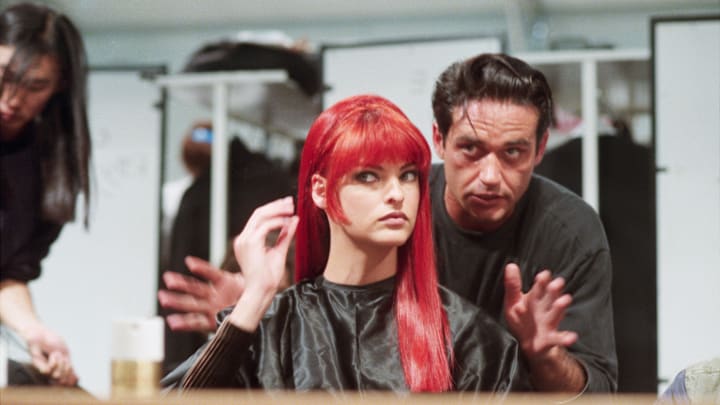The Psychology of Hair: Why We Feel Different After a Haircut

There’s a certain kind of magic that happens in the salon chair. One snip, one shape-up, and suddenly—it’s not just your hair that looks different. It’s you. More confident. Lighter, somehow. Recharged. So what is it about a haircut that goes deeper than just aesthetics? Turns out, there’s real psychology behind why changing your hair can feel like changing your life.
Hair and Identity: A Tangled Connection
Hair has always been a symbol of identity. Across cultures and history, hair has held spiritual, political, and deeply personal meaning. Long hair can represent femininity or strength. A shaved head can signal rebellion, mourning, or rebirth. Even the color you choose to dye your hair can send a message, whether it’s deliberate or not.
From a psychological standpoint, our hair is one of the most visible, malleable parts of our appearance—and one of the easiest ways to express ourselves. When we feel stuck or need a shift, altering our hair can act as a fast-track to personal transformation.
The Post-Cut Confidence Boost
Let’s talk dopamine. Making a change—especially a visible one like a haircut—can release a hit of feel-good neurochemicals. It’s novelty, it’s boldness, it’s control. For many, sitting in that chair and saying, “Cut it all off” or “Let’s go blonde” is a declaration: I’m ready for something new.
Even small trims can bring a psychological reset. Think of it like shedding old energy, dead ends, stale chapters. Walking out with a fresh shape gives you a visible cue that something has shifted. It’s not all in your head—it’s on it, too.
Hair in Times of Change
Ever notice how people often cut or dye their hair after a breakup, job change, or major life event? It’s not coincidence. Hair becomes a tool for reclaiming agency when things feel uncertain. It’s a way to mark time, to process emotion through action.
In fact, there’s even a term for this: a “transformational haircut.” Therapists and psychologists have noted that hair changes often accompany transitional periods, acting as both metaphor and mechanism for healing.
Beyond Vanity
To dismiss hair as “just looks” is to ignore its deeper role in our emotional ecosystem. Hair can influence how we’re perceived—but more importantly, how we perceive ourselves. When our hair feels “right,” we move differently. We speak more clearly. We take up space with more ease. That’s not vanity; that’s embodiment.
The Power of a Snip
Next time you find yourself feeling restless or heavy, it might be worth considering more than a new outfit or skincare product. Maybe what you really need is to sit down, take a deep breath, and trust the scissors. It’s not just a style change—it’s self-expression, self-soothing, and sometimes, self-reinvention.